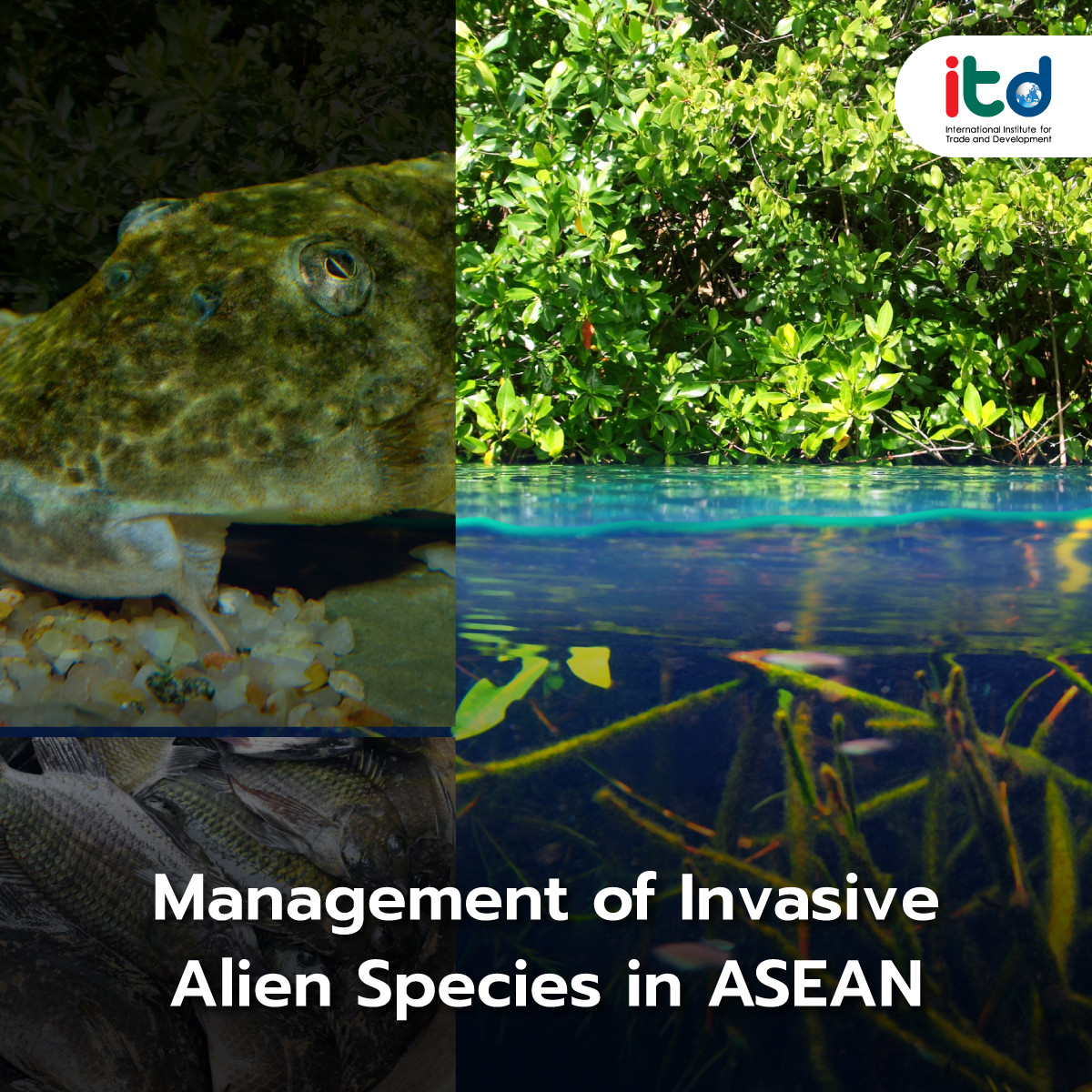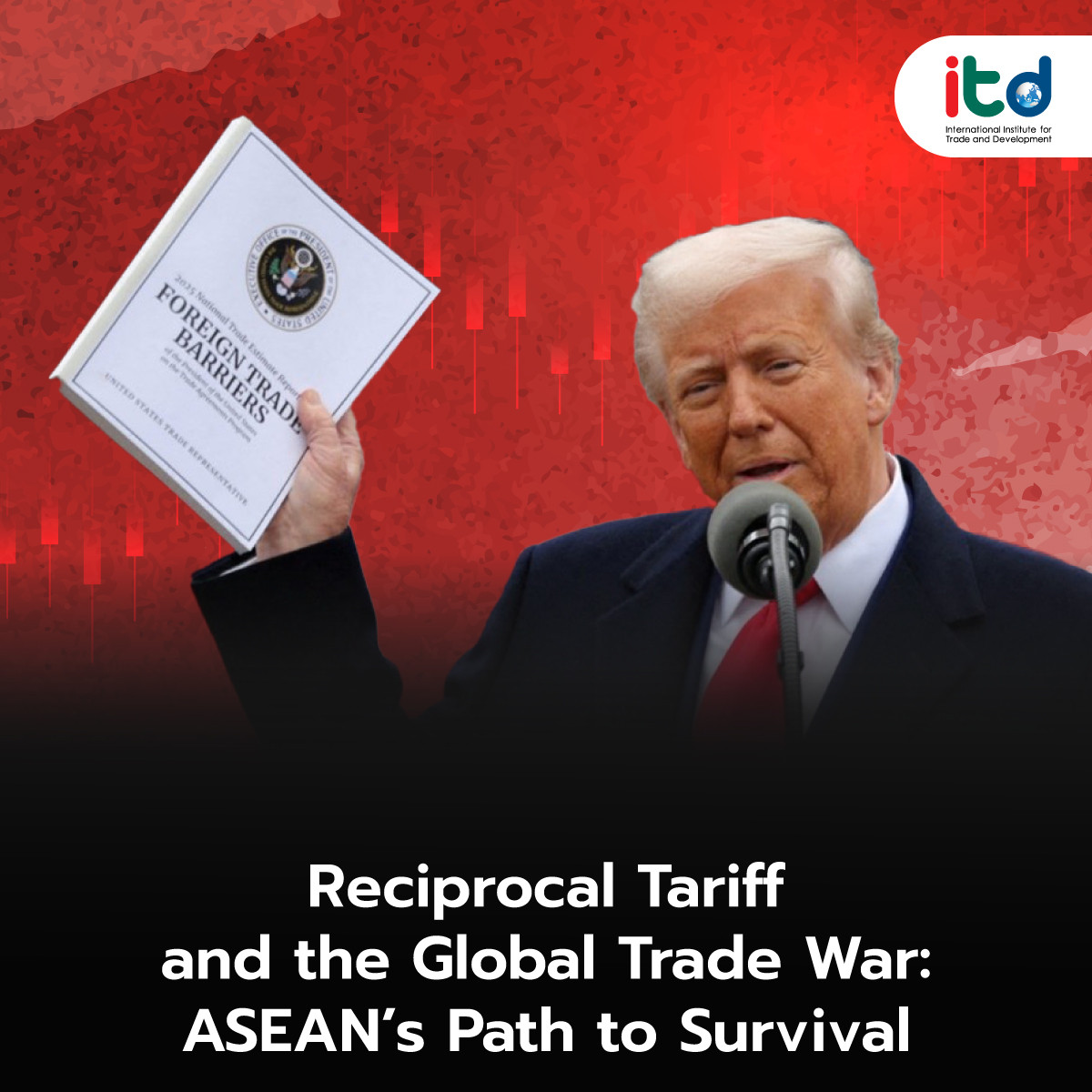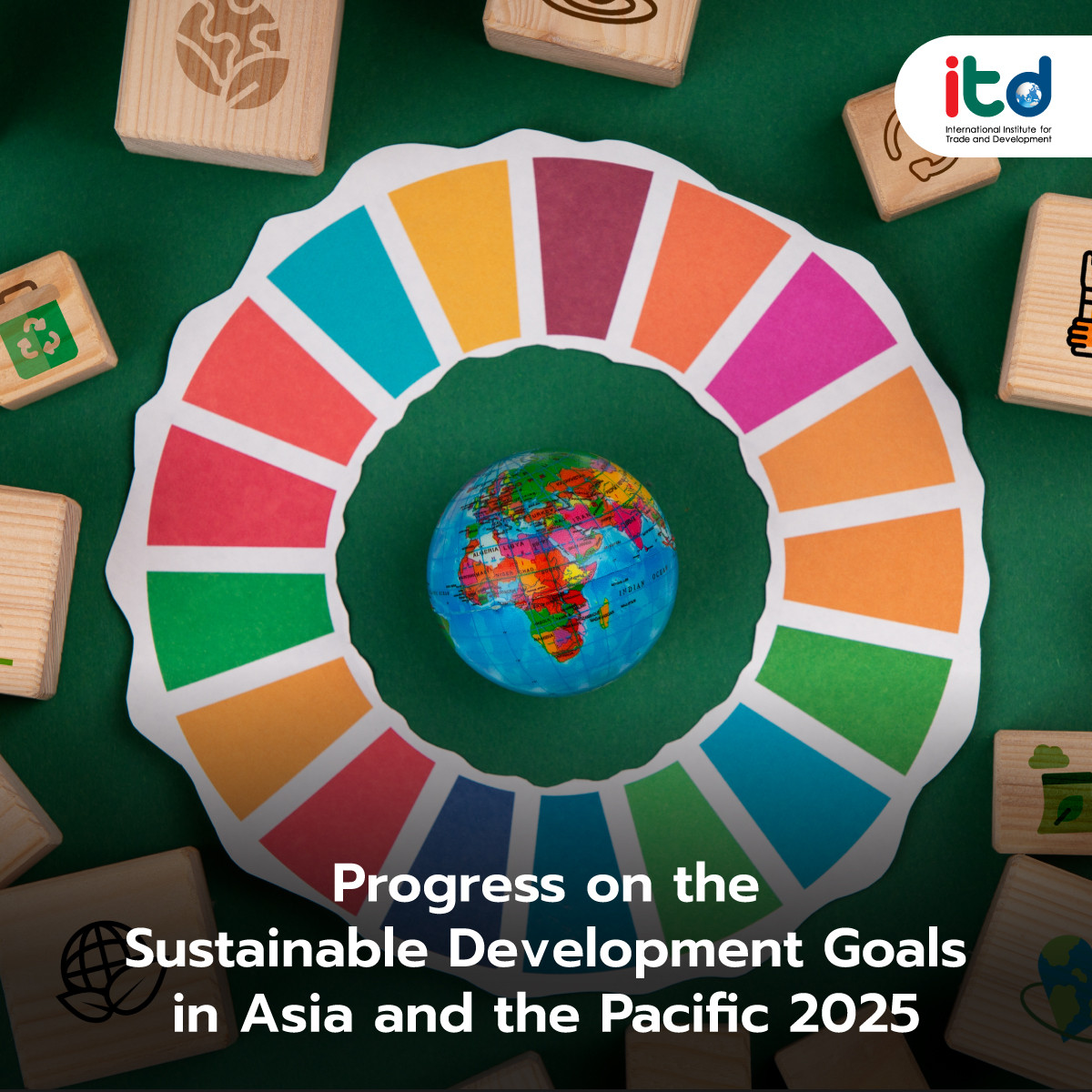About Documents
Over the past several months, the spread of blackchin tilapia in various parts of Thailand has drawn public attention and raised questions about the management, control, and prevention of alien species introduced into the country, particularly invasive alien species (IAS). These species are capable of spreading and adapting rapidly, often outcompeting native species and becoming dominant species in new environments. This results in competition for resources, the decline of economically valuable native plants and animals, and the potential for IAS to serve as carriers of diseases. Additionally, IAS contribute to the loss of biodiversity, as native species may be displaced or driven to extinction due to the spread of IAS.
The conservation and management of biodiversity have long been key international concerns, as evidenced by the Convention on Biological Diversity (CBD). This convention focuses on preventing, managing, and controlling the spread of alien species that pose threats to countries. According to the Intergovernmental Science-Policy Platform on Biodiversity and Ecosystem Services (IPBES), the current situation with IAS is escalating, with the importation and spread of these species increasing rapidly compared to the past, showing no signs of slowing down. the proliferation of IAS has a global economic cost of over USD 423 billion annually as of 2019, with costs at least quadrupling every decade. In response to this growing problem, the latest global biodiversity framework, the Kunming-Montreal Global Biodiversity Framework (KMGBF), has set a target to reducing the rates of introduction and establishment of other known or potential invasive alien species by at least 50%, by 2030, eradicating or controlling invasive alien species especially in priority sites, such as islands.
In the ASEAN region, IAS pose a significant threat to biodiversity, as the ASEAN is one of the most biologically diverse in the world. As a result, ASEAN member states have become parties to the CBD. Each country in ASEAN has taken action to reduce the impacts of IAS by establishing national action plans on IAS management national action plans on IAS management. For instance, Indonesia developed the Indonesia’s National Biodiversity Targets (2015-2020), focusing on preventing the import of IAS and controlling populations of endangered species. Similarly, Thailand implemented the Thailand Biodiversity Targets (2015-2021), emphasizing the management of IAS through established measures, including identifying alien species across all ecosystems and implementing control actions.
At the regional level, the ASEAN Action Plan for Invasive Alien Species (IAS) Management, endorsed at the 17th ASEAN Ministerial Meeting on the Environment, strategic goals: (1) strengthen legal frameworks and coordination, (2) enhance public awareness and education, (3) increase capacity and resources, (4) risk assessment and prioritisation, (5) maintaining strong border control and developing an inter-island biosecurity programme, (6) improved prevention and control measures, (7) monitoring, evaluation and reporting, and (8) ensure sustainable financing for IAS management.
Despite efforts to manage IAS in ASEAN, significant challenges remain, particularly the high costs involved in management. Although the ASEAN Action Plan for IAS Management has proposed funding sources for managing IAS, securing these funds remains difficult. For example, government funding requires support from high-level policies and inter-agency cooperation, and such funds must compete with other budgetary priorities. Support from the private sector is another potential avenue, but it requires appropriate incentives, such as tax incentives. Additionally, fees can be imposed on relevant industries. These measures must be supported by clear legal frameworks. To achieve sustainable IAS management, ASEAN should strengthen cooperation across all sectors and develop comprehensive and flexible financial mechanisms and legal measures to effectively address future challenges.
Author:
Ms. Natjaree Petruang
Researcher
International Institute for Trade and Development (Public Organization)
www.itd.or.th
Publication: Bangkok BIZ Newspaper
Section: First Section/World Beat
Volume: 37 Issue: 12746
Date: Wednesday, October 9, 2024
Page: 8 (left)
Column: “Asean Insight”






